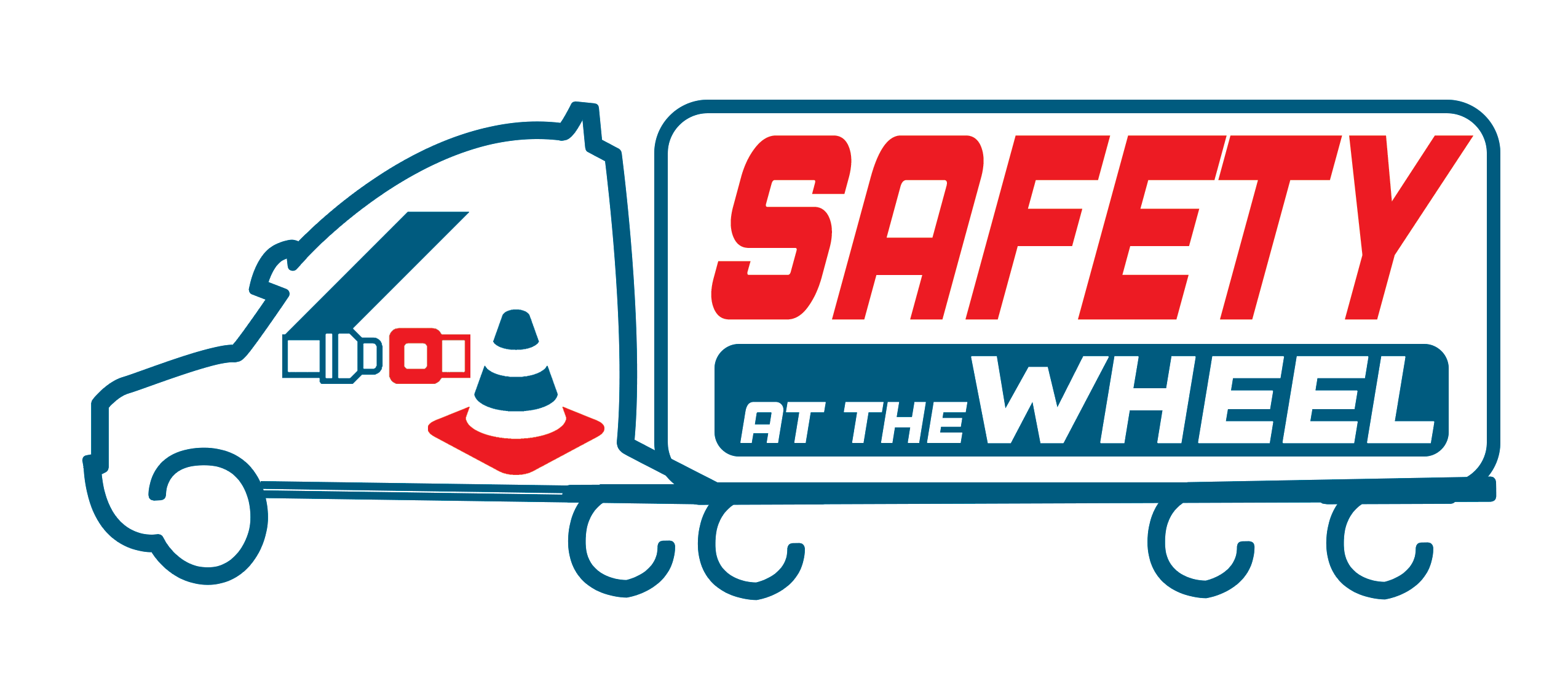 |
|
 |
Get our FREE |


Driver fatigue is one of the leading causes of accidents in the trucking industry. To reduce this risk, the Federal Motor Carrier Safety Administration (FMCSA) has established specific Hours of Service (HOS) regulations that commercial vehicle drivers must follow. In California, in addition to federal regulations, state laws further reinforce and complement these rules.
FMCSA Federal Hours of Service Regulations
FMCSA regulations for drivers of commercial vehicles transporting goods include:
• 11-Hour Driving Limit: A driver may drive up to 11 hours after 10 consecutive hours off duty.
• 14-Hour On-Duty Limit: Driving is not allowed beyond 14 consecutive hours after coming on duty, following 10 consecutive hours off duty. The 14-hour period cannot be extended by breaks or rest periods.
• 30-Minute Break Requirement: Drivers must take a break of at least 30 minutes after 8 cumulative hours of driving without at least a 30-minute interruption. This break can include off-duty time, on-duty non-driving time, or time in the sleeper berth.
• 60/70-Hour Weekly Limit: Driving is prohibited after 60 hours on duty in 7 consecutive days or 70 hours in 8 consecutive days. Drivers can reset this period by taking 34 consecutive hours off duty.
California State Hours of Service Regulations
California enforces additional rules for drivers operating exclusively within the state (intrastate):
• Truck Drivers: Cannot drive more than 12 hours following 10 consecutive hours off duty and cannot drive after the 16th hour from the start of the work shift, following 10 consecutive hours off duty.
• Bus and Limousine Drivers: Limited to 10 hours of driving after 8 consecutive hours off duty and cannot drive after 15 hours on duty following 8 consecutive hours off duty.
Tips to Avoid Penalties
To ensure compliance with these regulations and avoid penalties:
1. Use Electronic Logging Devices (ELD): These devices automatically record driving hours and rest periods, ensuring accurate and compliant records.
2. Route and Schedule Planning: Plan routes considering HOS limitations and schedule adequate breaks to avoid exceeding permitted limits.
3. Continuous Training: Stay informed about federal and state regulations by participating in training programs and consulting official sources.
4. Personal Fatigue Monitoring: Beyond legal compliance, it is crucial for drivers to be aware of fatigue signals and take additional breaks when necessary to ensure their safety and that of others on the road.
Strict adherence to Hours of Service regulations not only prevents legal penalties but also enhances road safety and promotes the well-being of professional truck drivers.
For years, federal Hours of Service (HOS) regulations have been viewed as a key tool for reducing commercial truck crash...
read more...Although low libido is often associated with age or medical issues, it is increasingly affecting young truck drivers&mda...
read more...The political conflict between U.S. Transportation Secretary Sean Duffy and California Governor Gavin Newsom escalated o...
read more...California’s push for its controversial “clean truck” regulations has just taken a devastating blow. A...
read more...

